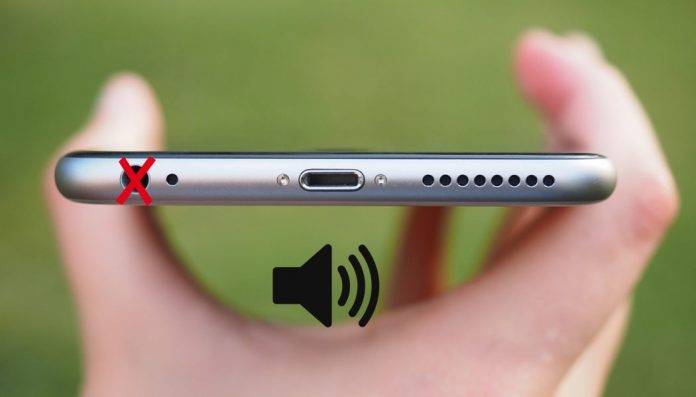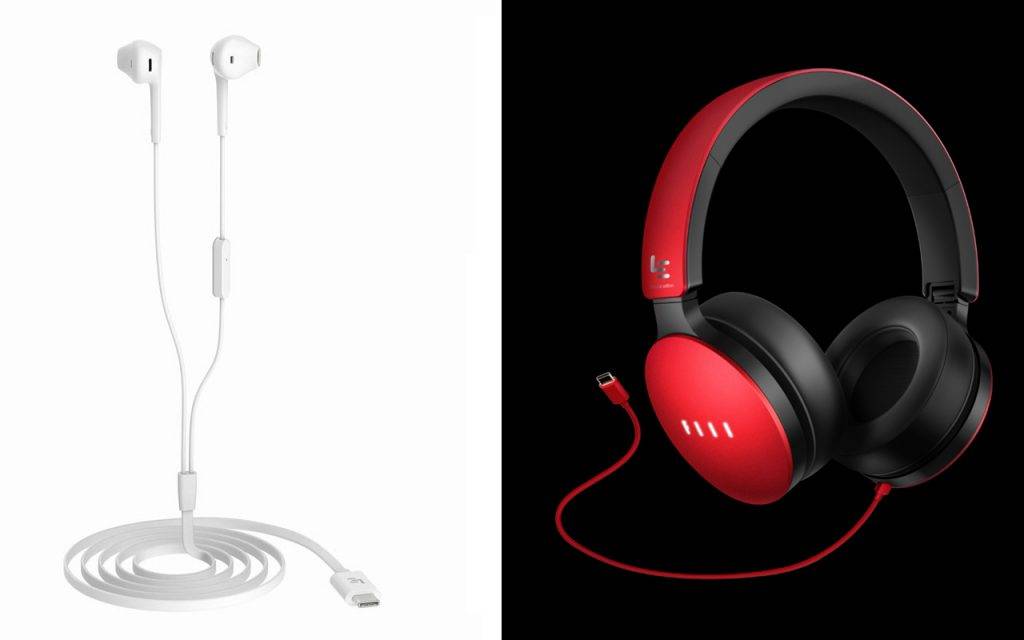
The USB Implementers Forum (USB IF), the preeminent standards group for all things USB, has added another nail into the coffin of the 3.5mm audio jack by releasing a new standard for delivering digital audio over USB Type-C ports. This means that headphone and audio product manufacturers who support the USB standard will now have to take into consideration a standard across all USB Type-C ports for audio output.
The USB IF officially calls this the Audio Device Class 3.0 specification, and it gives manufacturers a standard for usage if they want to output sound via USB Type-C ports on any device. The USB IF isn’t dawdling around with what it wants to do, it says that this new spec is really for the hastening of the removal of the now ancient 3.5mm port from devices.

In theory, this means a lot of good things for mobile devices. They can now go slimmer, have better element resistance, and output better quality audio using purely digital processing. Not everybody is joining the bandwagon as of now. But since the audio spec is now standardized, we assume a lot more companies will be more comfortable in putting out USB Type-C headphones.
As of now, only Apple and Motorola are the major names that have gone without the 3.5mm audio jack, and even then, Apple is using its Lightning port technology rather than USB Type-C. So how long do you think before mobile devices finally kick out the 3.5mm audio jack?
SOURCE: USB IF










just means users will buy more good bluetooth headphones (compatible with everything) and not the more expensive wired headphones with dubious quality.
Btw most smartphones already have that (usb audio) and no one cares.
I’m sticking to wired, at least as a backup to bluetooth. If it’s bluetooth only and it runs out of power, no music. That has been my frustrating experience with it. So, I have multiple headphones b/c of this shortcoming. But my favorite is the bluetooth that can still be plugged in when the battery dies. Also, the sound quality from bluetooth is not as good yet. I’m not sure what’s taking so long, but I’m sure they’ll eventually get there.
well true, the downside in bluetooth is the battery.
Thing is… usb audio has pretty much same problems.
1. it also needs power ((in this case it drains from the smartphone) ill be honest here i dont know much but probably its a very small drain.
Either way bluetooth also consumes a very small amount,
But to be fair bluetooth headphones consumes power in the headset and smartphone.
2. The quality: and here’s the main problem, both receive digital audio and both need to convert that audio to analog and the overall sound quality will be dependent on that D/A converter in your bluetooth/usb headphone and make no mistake, the good ones will be EXPENSIVE.
The regular wired headphones basically only have wires and speakers and the speakers were the major variable for the sound quality (assumming the source smartphone audio was good ofc) now you will have to pay for a D/A converter in the headphone too.
And just a side note, most smartphones do that just fine with great quality.
I dont know which bluetooth headphones you tried, but the good quality ones are expensive, and that will also happen with USB headphones.
probably cost a bit less, bluetooth headphones usually have more bells and whistles tought.